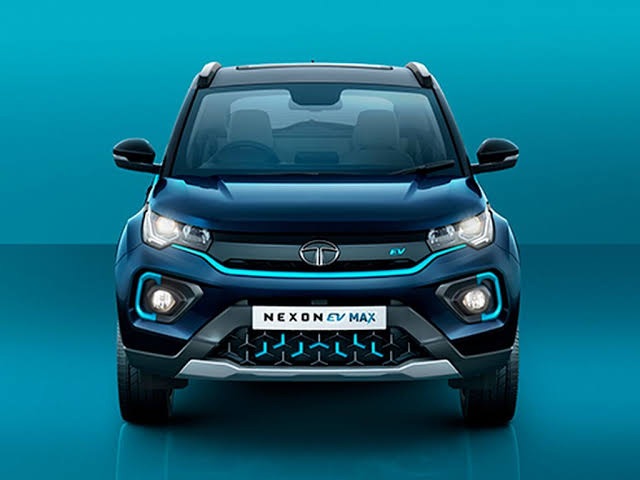As electric vehicles (EVs) go mainstream in India, battery safety has become a top concern for buyers. With incidents of thermal runaway and battery fires making headlines, choosing an EV with robust battery management systems (BMS)and safety certifications is more important than ever.
In this article, we highlight the top 5 electric vehicles in India that offer superior battery safety in 2025 — based on expert reviews, crash test ratings, battery technology, and real-world performance.
⚡ 1. Tata Nexon EV Long Range
Why It’s Safe:
- Equipped with IP67-rated liquid-cooled battery pack
- Advanced Battery Management System (BMS) developed in India
- Passed the Global NCAP crash tests with high ratings (for ICE variant)
Battery Warranty: 8 years / 1.6 lakh km
Fast Charging: 10-80% in 56 minutes
Range: ~465 km
👉 Tata has invested heavily in battery safety R&D, making Nexon EV one of the most trusted choices.
🔋 2. Hyundai IONIQ 5
Why It’s Safe:
- Features 800V battery architecture, reducing heat and charging time
- UL-certified battery pack with thermal management
- 5-star Euro NCAP safety rating
- Offers battery pre-conditioning for extreme weather
Battery Warranty: 8 years / 1.6 lakh km
Range: ~631 km (ARAI)
Fast Charging: 18 minutes (10–80%) with DC charger
👉 The IONIQ 5 combines futuristic design with world-class battery safety standards.
🔌 3. MG ZS EV 2025
Why It’s Safe:
- IP69K-rated battery protection – one of the highest in class
- Uses ultra-high-strength steel for battery enclosure
- Includes 6 airbags, ESP, and hill hold control
Battery Warranty: 8 years / 1.5 lakh km
Range: ~461 km (ARAI)
Charging: 0-80% in ~60 minutes (DC)
👉 MG has made battery integrity a priority, especially with harsh Indian road/weather conditions.
🔥 4. BYD Atto 3
Why It’s Safe:
- Uses Blade Battery technology, designed to prevent thermal runaway
- Blade battery cells passed nail penetration and fire tests
- 5-star Euro NCAP crash test
Battery Warranty: 8 years / 1.6 lakh km
Range: ~521 km (NEDC)
Charging: 10-80% in 50 minutes
👉 BYD’s Blade Battery is globally recognized for being nearly “unburnable.”
🛡️ 5. Kia EV6
Why It’s Safe:
- Utilizes a multi-layered BMS and crash-resistant battery casing
- Comes with high-voltage circuit protection & isolation monitoring
- 5-star Euro NCAP crash test
Battery Warranty: 8 years / 1.6 lakh km
Range: ~708 km (ARAI)
Charging: Ultra-fast 10-80% in 18 mins
👉 The Kia EV6 is loaded with advanced safety tech, both in and around the battery.
✅ How to Choose a Safe EV Battery in India
When comparing EVs, check for:
- IP Ratings (higher = better protection)
- Crash test results (Euro NCAP / GNCAP)
- BMS features (real-time monitoring, auto shutdown)
- Thermal management (liquid-cooled > air-cooled)
- Cell chemistry (LFP, NMC, Blade – each has pros/cons)
🧠 Final Thoughts
EVs are here to stay—but battery safety should never be compromised. Whether you’re a daily city commuter or a long-distance road-tripper, picking an EV with a proven safe battery system is a smart, life-saving decision.
📊 FAQs
Q1: Which EV has the safest battery in India 2025?
A: The BYD Atto 3 and Hyundai IONIQ 5 lead in battery safety due to advanced tech like Blade Batteries and 800V architecture.
Q2: What is thermal runaway in EVs?
A: It’s a chain reaction in damaged lithium-ion batteries that causes rapid temperature increase and may lead to fires or explosions.
Q3: Are Indian-made EVs like Tata Nexon EV safe?
A: Yes, Tata has made significant improvements in battery safety with liquid cooling, BMS, and crash protection in its latest models

